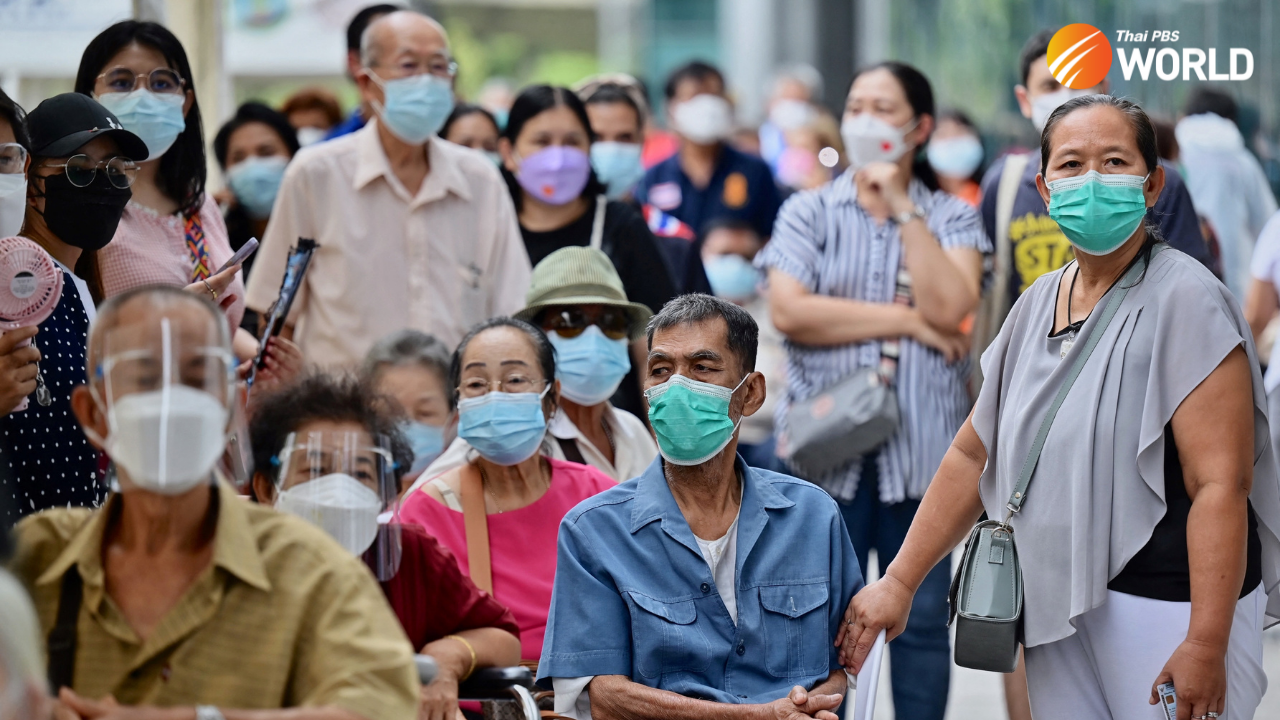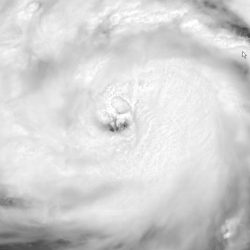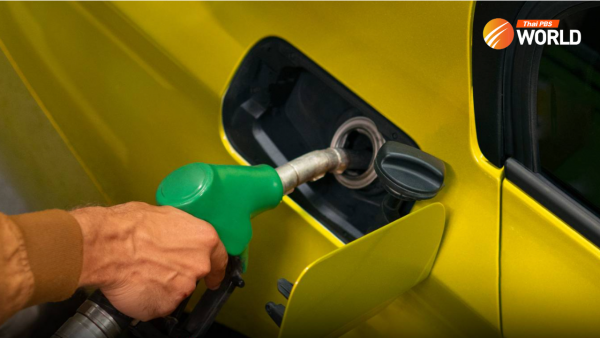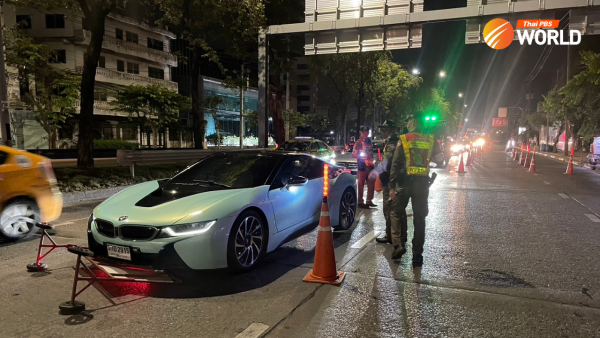Signs of improving COVID-19 situation in Thailand

The COVID-19 situation in Thailand is improving, with the rate of daily new infections steadily slowing and more patients recovering, at an average of over 20,000 cases a day for the past 3 weeks and surpassing new infections for the past ten days, said Government Spokesman Thanakorn Wangboonkongchana on Sunday.
Although the daily new infection rate remains high, due to the rapidly spreading Delta variant, he is optimistic that the rate of infections will continue to decline.

Thanakorn also said that, by the end of this year, Thailand will have received about 140 million doses of vaccines and the Thai government has negotiated the purchase of two million doses of AstraZeneca vaccine per month with the European Union and the procurement of 2.5-3 million doses of Pfizer-BioNTech vaccine per month from September to December.
He disclosed that Prime Minister Prayut Chan-o-cha has assigned the Ministry of Public Health to procure vaccines to be administered to 12 to 18 year olds, to boost their immunity before the reopening of schools and colleges, adding that the CCSA has already worked out the “Sandbox Safety Zone in Schools” program, to be trialled in some selected boarding schools.
Thanakorn said that more than 573,000 teachers have been inoculated, but there are about 4 million students who are yet to be vaccinated adding, however, that 70% percent of the population of Thailand, or 50 million people, including those in high-risk groups, expatriates and students, will have been inoculated by the end of this year.
The CCSA has already approved the “Smart Control and Living with COVID-19” concept, which encompasses mass vaccinations, to create herd immunity, mass screenings using antigen test kits (ATK) and ensuring a COVID-19 free environment in work places and businesses.
He thanked everyone for their cooperation in complying with the basic safety measures, by wearing face masks, observing social distancing and regularly using hand sanitizer.
He also urged people to observe the universal prevention measures strictly, which include social distancing, leaving home only when necessary, the wearing face of masks all the time when in contact with other people, washing hands regularly, eating hot and fully cooked food, separating personal effects from the other people and immediate screening with ATKs when feeling at risk of having been infected.






